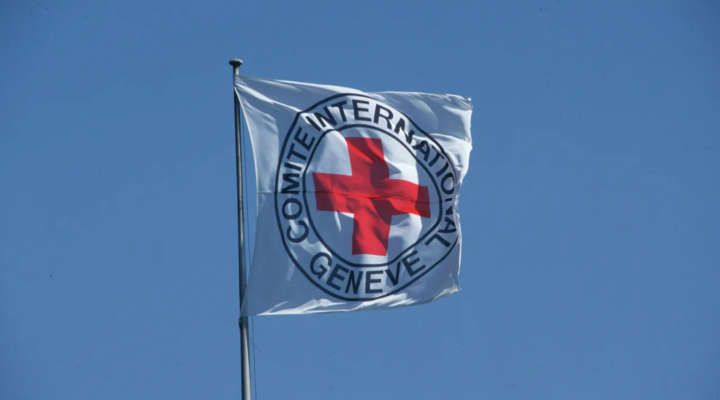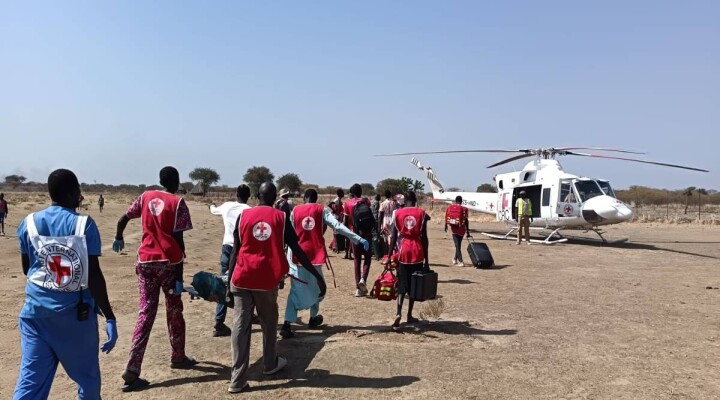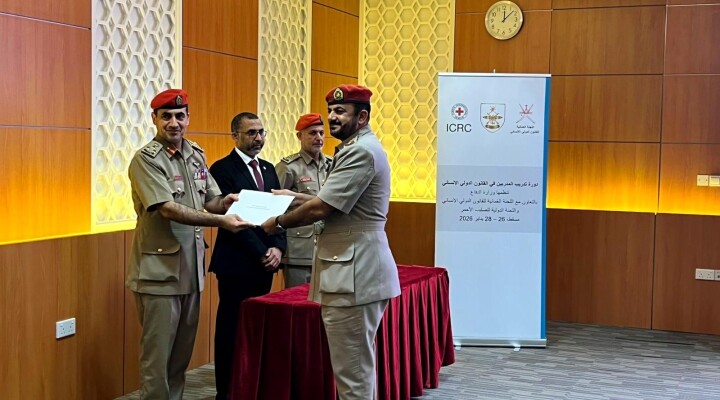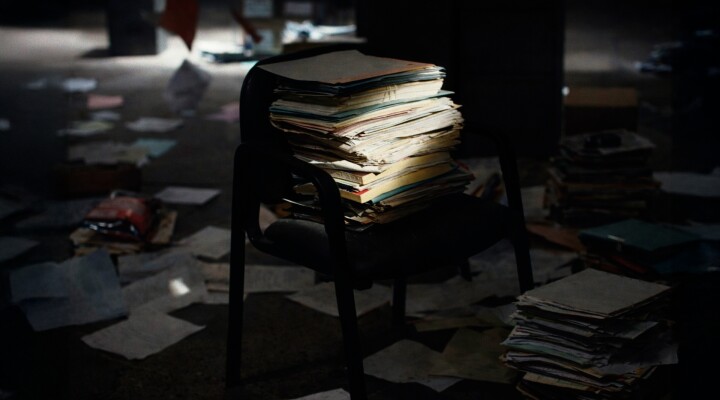Karabakh: Searching for signs of life as winter approaches
ICRC teams are visiting communities in Karabakh in their search to provide help to people after the huge exodus which followed the recent escalation of hostilities.
A small number of people remain in their homes, either by choice or because they were unable to leave by themselves. Some require medical help or food and water. Others are requesting assistance in contacting loved ones or securing transport to leave. Our teams have also assisted in the careful removal of people who have died, onwards to mortuary facilities for appropriate and dignified care.
“We’ve got winter coming. I know from personal experience that the winters here are very harsh”, said Chris Poole, a weapons contamination expert working with the ICRC.
“Time is of the essence. We need to get into these areas, with the necessary expertise, with the necessary materials”.
Teams in the city are in contact with a small number of residents who remain in their homes and we are constantly finding new individuals. Homes, shops and offices have been left abandoned and many dogs and cats can be seen in the streets.
We recently met a man who was staying inside a small kiosk in a shopping centre. Others are grateful to receive bread and water or make use of ICRC phones in order to try to contact family or friends.
An ICRC team was approached by a man who lives with his 92-year-old father in a very remote mountain community. He was not aware that so many people had fled the region as he has been without electricity for several weeks, with no access to TV or radio.
“I saw from afar that you arrived. I was going to collect water and saw you are there”, said Aharon Ghazaryan when talking to the ICRC team.
“When people were fleeing I couldn’t leave with my father, because he is very old man. Thank God that you came, we saw you, and got information about what is going on right now.”
SHOTLIST
Location: Communities in Karabakh
Camera: Various
Filming Dates: October 10-13 October, 2023
Length: 07:37
Copyright: ICRC access all
On Screen Credit: ICRC written or logo attached to story
0:00 – 00:10– Scenes of empty streets
0:10-00:16 – An ICRC car in the city center
00:17-00:24 – Dog barking in empty city center SOUNDBITE, Matthew Morris, ICRC 00:25 – 00:31 Our teams to continuing to work here, in the main city and we will stay here until we are needed.
00:31 – 00:41
It’s important that we provide the small number of people who remain here with things that they need, such as bread or water and other food items.
00:41 – 00:45
If they need to leave, we will do what we can to facilitate that
00:46 – 00:50
and if they need to connect with their loved ones, we will also do that.
00:50-01:08 - ICRC teams discussing with Kamo Hayrapetyan at his home SOUNDBITE Kamo Hayrapetyan, speaking about the assistance from the Red Cross
01:08-01:15
They come to visit us, checking how we are doing, and even brough humanitarian aid in boxes.
01:15- 01:21
There are many things inside, including butter and bread. They help how they can.
01:22-01:40 - ICRC staff driving
01:41-01:57- ICRC staff use megaphone to tell people who may be stuck in their homes that humanitarian assistance is available.
01:58 -02:33- Various shots, ICRC staff looking inside houses for people who stayed behind
– 03:41-
SOUNDBITE, Chris Poole, Weapon contamination team, ICRC 02:34 - 02:48 This area is full of very remote small hamlets, small villages, where we have information that people have remained as a result of their livelihood or perhaps family connections.
02:48 – 03:02
And they are either wanting to now leave the area or they're wanting to stay and need some support in terms of humanitarian support. So, food, water, medical aid in some regards.
03:02 – 03:09
Many of them we believe, are quite elderly. Many of them may even be subject to medical conditions.
03:09 – 03:17
And so, it's a concern for us and indeed the authorities in the area now that we reach them quickly.
03:17 – 03:22
We've got winter coming. I know from personal experience that the winters here are very harsh.
03:22 – 03:27
And so, time is of the essence. We need to get into these areas.
03:27 – 03:42
We need to get here with the necessary expertise, with the necessary materials to make sure that we can support and indeed recover in some cases, the people that are in this area.
03:43-03:49- Puppy shots
03:49-04:19- ICRC teams speaking with people
04:20-04:47- ICRC teams assisting Aharon Chazaryan, man in village who came to find ICRC, is living with his 92-year-old father
SOUNDBITE, Aharon Chazaryan
04:48 – 04:56
I saw from afar that you arrived. I was going to collect water and saw you are there.
04:56 – 04:58
You know I felt that it is the Red Cross, and I have approached you.
04:58 – 05:03
There is no phone, no electricity no television, how could I know what is going on?
05:03 – 05:10
You know, I have just realized that there is nobody here.
05:10 – 05:15
I thought that my relatives are in Stepanakert, but they are not there I guess.
05:15 – 05:20
We just wanted to contact them, but we failed. What can I do in this situation?
05:21 – 05:29
I thought that my relatives are in Stepanakert, but they are probably in Armenia, and its pity that I can’t get in touch with them now.
05:29 – 05:35
How and with whom am I going to live here?
05:35 – 05:41
I am alone here with my father. He is a very old man.
05:42 – 05:45
I didn’t want my father die somewhere else.
05:45 – 05:47
Because my mother buried here. It is very pity.
05:48 – 05:54
If I tell him now, let’s go to Armenia, he will die on the way.
05:54 – 06:01
It is very bad. He always hoped that we will always live here. These are his last years of life. He is 92. How do I take him? But I will have to.
SOUNDBITE, Islambek Musurmankulov, ICRC
06:02 – 06:10 So today with our team, we came here to search for the people, civilians who were left behind,
06:11 – 06:18
because we receive a lot of requests from the relatives, from the families, and we came here.
06:19 – 06:33
So today we managed to find four civilians who expressed their will to be evacuated. So, we will be thinking of the ways how to do it.
06:33 – 06:44
We also find people who wish to stay here. And for these people we provide humanitarian assistance like food and non-food items.
06:44 – 06:55 So we also provide our phones for them to call and their relatives, their families, so that they are in touch.
06:56 – 07:11 And plus we also have some requests, some tracing cases when people gone missing. So we keep on our work in this direction as well.
07:12-07:16 Empty street
07:17-07:22 Dogs walking in an empty street
07:23-07:26 Telecom machine
07:27-07:32 Close up of the telecom machine
07:33 – 07:37 Dogs in empty street
For further information please contact: Matthew Morris, ICRC London, +44 7753 809 471, mmorris@icrc.org Fatima Sator, ICRC Geneva, +41 7984 849 08, fsator@icrc.org



